D-Day approaches for defence strategic review but nuclear submarines will have no immediately impact

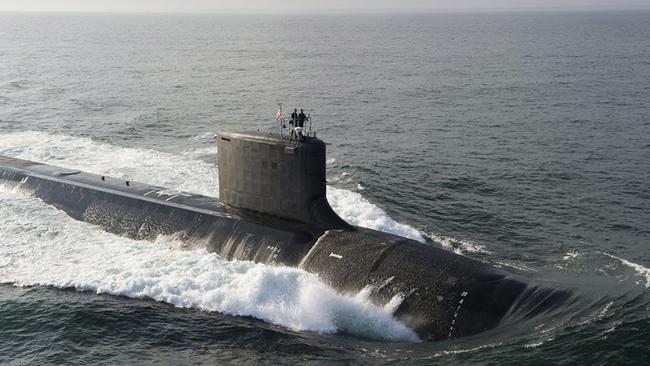
The government’s formal response to the DSR, and the study into acquiring nuclear-powered submarines, will come in March.
Next week, Stephen Smith and Angus Houston will travel to London for consultations with the British who undertook their own DSR under the brilliant academic, John Bew, in 2021. Smith will stay in London and immediately take up duties as high commissioner.
This is partly because there will soon be a new Australia UK Ministerial Meeting, or AUKMIN, with Defence Minister Richard Marles and Foreign Minister Penny Wong expected to travel to the UK. Smith attended two AUKMINs as foreign minister. It’s common sense for the new high commissioner to attend the new AUKMIN.
DSR consultations have wound down, writing is under way. For any final touches arising out of consultations with the Brits, Smith and Houston will have to work together long-distance.
Marles had previously confirmed the expected delivery of the DSR around February 1, so the government would have a month to consider its recommendations before announcing publicly what it would do about them. That reporting deadline has been moved fractionally now to February 6 or thereabouts.
Anthony Albanese, Marles and Defence Industry Minister Pat Conroy have repeatedly said the DSR is the most important defence and strategic review since the first report of Paul Dibb in 1986.

Here is a paradox that will now play out over the next 12 months. The sexy subject is the nuclear-powered submarines. These are indeed tremendously important and will transform our capabilities in time.
However, at the very best, it’s not until the early 2030s that we get the first of them. And even two nuclear-powered submarines is not a meaningful military capability, because if you have two altogether, then maintenance, replenishment, rest time for crews and so on mean you’ll only actually have one deployed at a time, and that only for, say, eight months in the year.
We would need six nuke subs, of our planned eight, before they were a real military capability. And that won’t happen until some time in the 2040s at best.
So the paradox is this. The nuclear subs are sexy but they will have no influence at all, beyond indicating the closeness of our alliance with the US and Britain, on the strategic challenges we face today, over the next five years and over the next 10 years. The hyper-strategic assertiveness of the Chinese Communist Party under Xi Jinping will play out, for good or bad, without the nuclear subs having any influence on it at all.
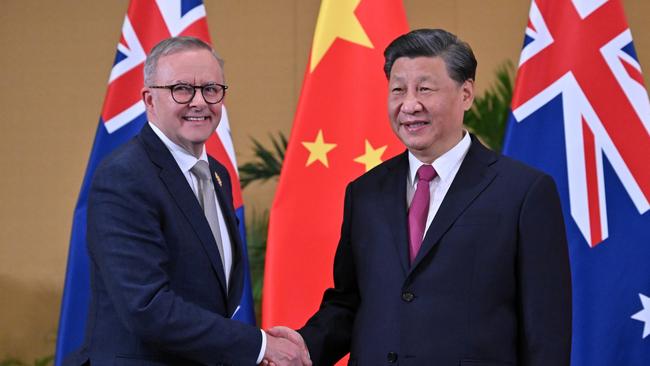

That means everything that counts will be in the Smith/Houston DSR. The two key themes of the DSR are likely to be northern Australian military bases, and missiles. That means big change in defence. In part, we can reverse engineer this conclusion from the government’s actions and words.
Recently the government announced it was acquiring new Kongsberg Naval Strike Missiles for our Air Warfare Destroyers and ANZAC frigates. They will replace the older Harpoon anti-ship missiles. It also announced it was for the first time buying High Mobility Artillery Rocket Systems for the army. These will involve launchers, missiles and training rockets.
HIMARS systems have a range of 300km today, but that will soon be 500km. They can be used in conventional land warfare but their acquisition also opens up a new role for the army, in maritime defence, dominance of maritime approaches and potentially even island-hopping offensive operations.
The government made these announcements early, before the DSR response in March, because global demand for both systems has risen exponentially and we needed to get into the production queue as quickly as humanly possible. Both weapons systems were working their way through Canberra’s normal, gruesomely slow defence acquisition process and had been under consideration by the Coalition government.
Two things about the purchases stand out, especially in using them to predict the shape of the DSR. The Albanese government radically accelerated the acquisition process. That’s a very good sign that it understands we have to hurry up.
And second, Conroy said Smith and Houston had been consulted on the purchases and were extremely supportive of them, and that they fit into the approach the DSR is taking. Late last year, Smith and Houston attended a Hawaii session of the Australian American Leadership Dialogue. Without revealing any detail on the likely content of their recommendations, they were reported as saying the DSR would focus on producing greater firepower, on capabilities in and around our northern maritime space, and on continued force posture work with the Americans.
This will likely mean a very big focus on the underdeveloped, and substantially defenceless, military bases in northern Australia. The Chinese military expansion into the South China Sea, the threat of conflict over Taiwan, plus the constant People’s Liberation Army harassment of the Japanese in the waters and air space of east Asia, mean Australia’s geography has become newly relevant militarily to the central strategic balance.
This has not been the case previously since World War II. The Pine Gap communications facility has always been relevant for nuclear missile firing alerts, but our broad geography has not, since WWII, figured in such an important fashion. We need to expand the capabilities of our northern bases, harden them and provide missile defence, and attack, for them. This is not very sexy, but it is extremely important.
I have a tiny worry that the DSR will not be forward-leaning enough in recommending new platforms and new missiles. One sign of its seriousness will be whether we get rid of tanks and reduce the order for other heavy armour. To waste billions of dollars on capabilities we have not used in half a century, and for which our military boffins cannot even imagine realistic scenarios for use, while we lack basic missile firepower and air defences, would be a sign that we are still not serious.
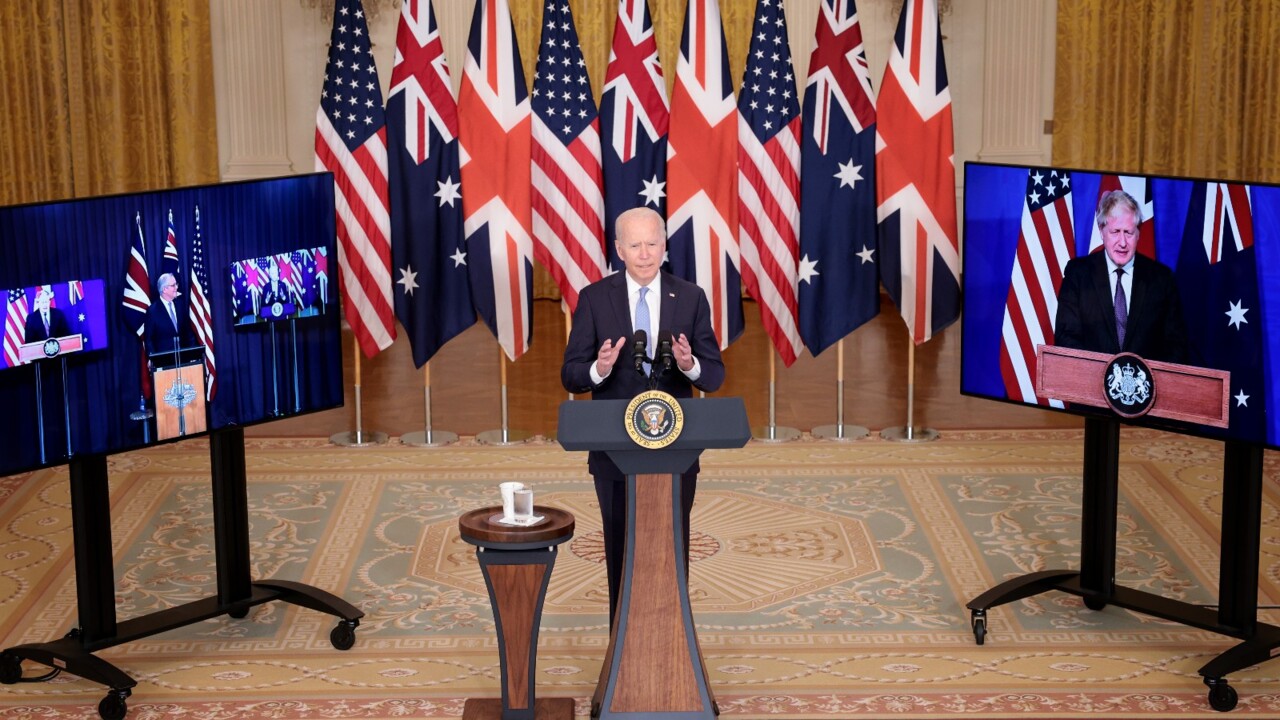
Smith and Houston must recommend immediate changes to our wildly dysfunctional, criminally slow, defence acquisition process. Conroy remarked last October that the Hunter frigate program was years late and billions over budget because the previous government said it was getting “an off-the-shelf design that was proven and working for other navies”, whereas in reality “they are literally designing this ship right now”.
The insanity of our processes is evident in the previous government announcing a domestic missile manufacturing project and then taking two full years simply to identify Lockheed Martin and Raytheon as its main industry partners.
It’s fair enough for the Albanese government to blame the previous government for this. But in reality the Defence Department and the military are highly culpable as well. The key to our military capability in the critical decade ahead lies in what the DSR recommends, and how much of its recommendations the Albanese government can actually deliver.
I think the government is serious. We sure need it to be.

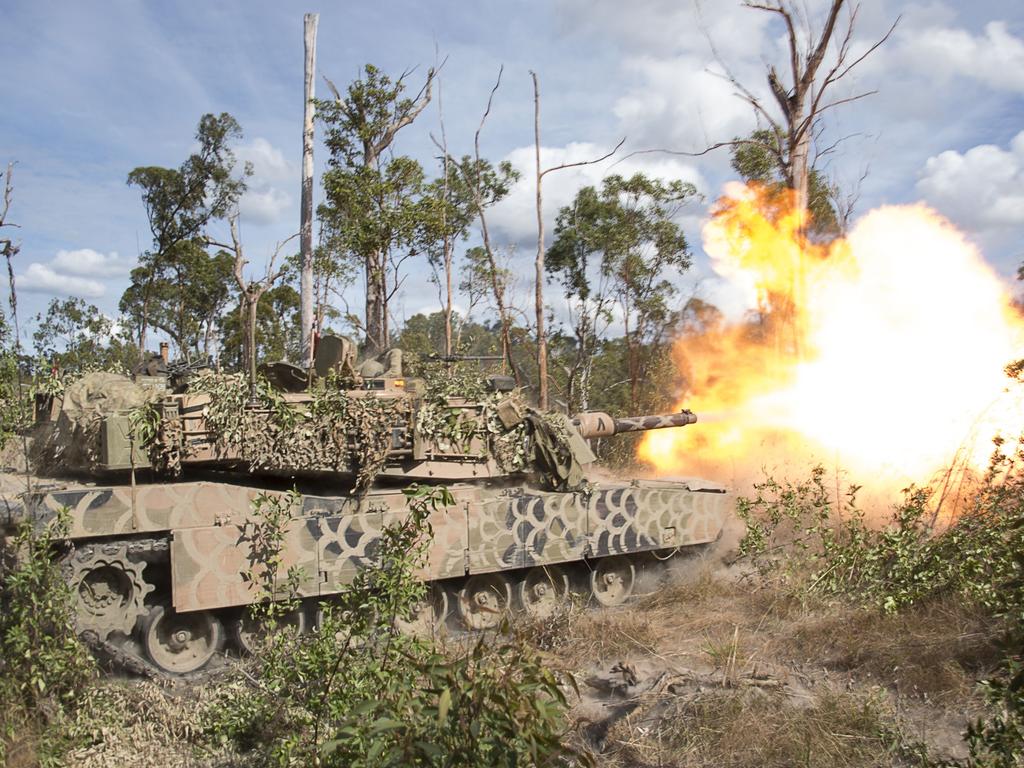


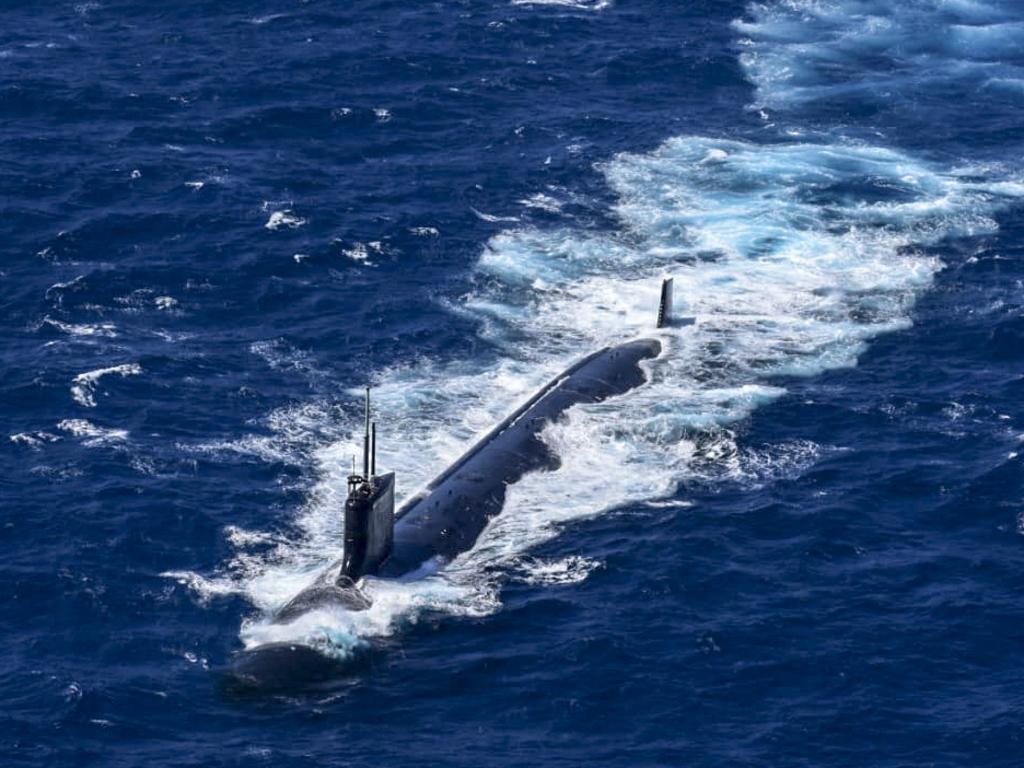


The Albanese government is approaching climax point on the Defence Strategic Review, which will likely be delivered to government in the week beginning February 6.